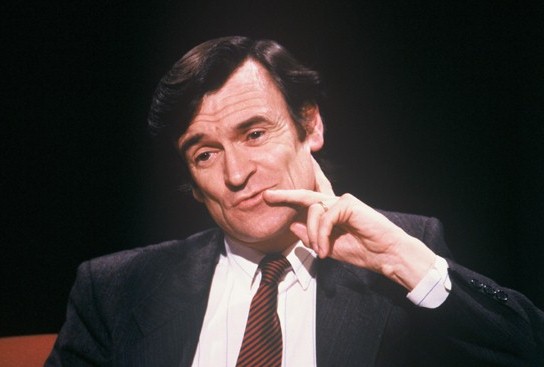Anthony Clare had written a book called Psychiatry in Dissent. All doctors row and argue; all scientists row and argue. Psychiatrists row and argue as well, but we do so in public much more than the others do, because people tend to understand what our debates are about. By contrast, the work of my best friend, a haematologist researching the classifications of leukaemia, is incomprehensible to all but around 12 other people in the world.
When I read Psychiatry in Dissent, the questions that were convulsing the profession seemed fascinating to me. They were about madness and badness and the question of when sadness becomes depression. They were about nature and nurture and all sorts of issues that seemed genuinely interesting and which other people could understand and debate with.
I tell students who want to do psychiatry that if they just want to be looked up to and admired, not to do psychiatry. But if they want to have arguments that matter, they might like it.
This takes us to the issue of classification. Anthony Clare talked a lot about that and the debate is ongoing. There are people who believe that we can't classify mental disorders, that they are essentially so individual that it makes no sense to do so. I don't agree with that. I think that you have to classify some things in order to start the journey of helping people. If everyone is so completely different that you can’t learn anything from anybody else, there's no point in training in psychiatry at all, because you'll never be able to bring what you've learned from other people into the conversation, the therapy and the treatment. And as soon as you can do that, you are classifying.


